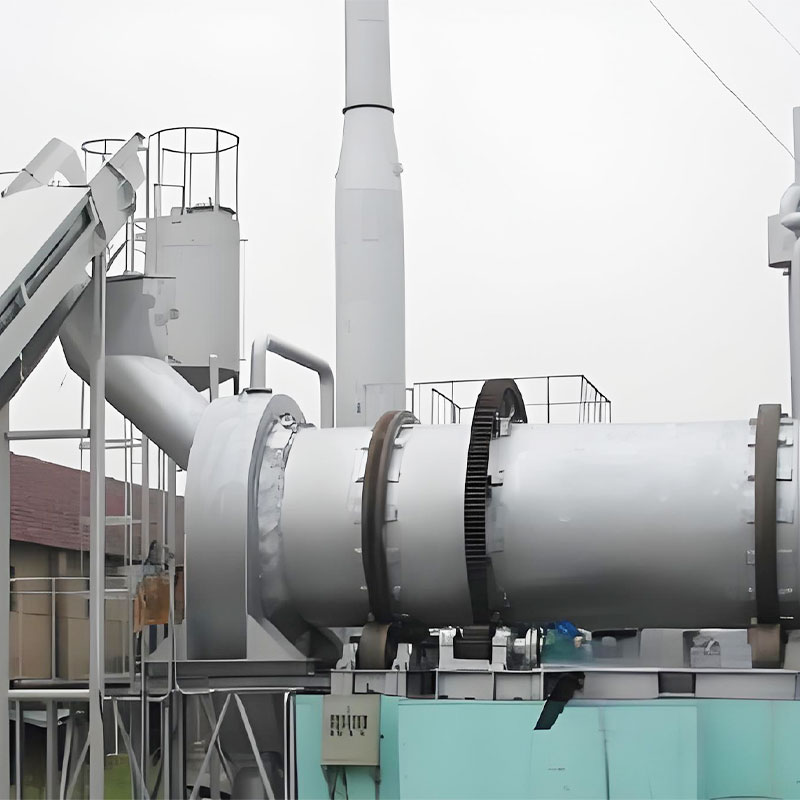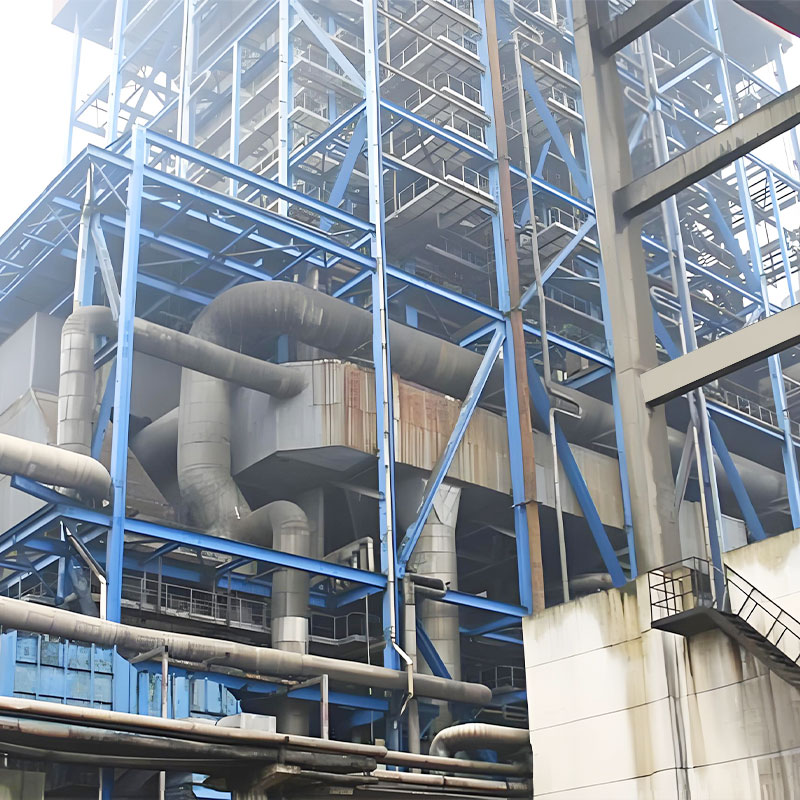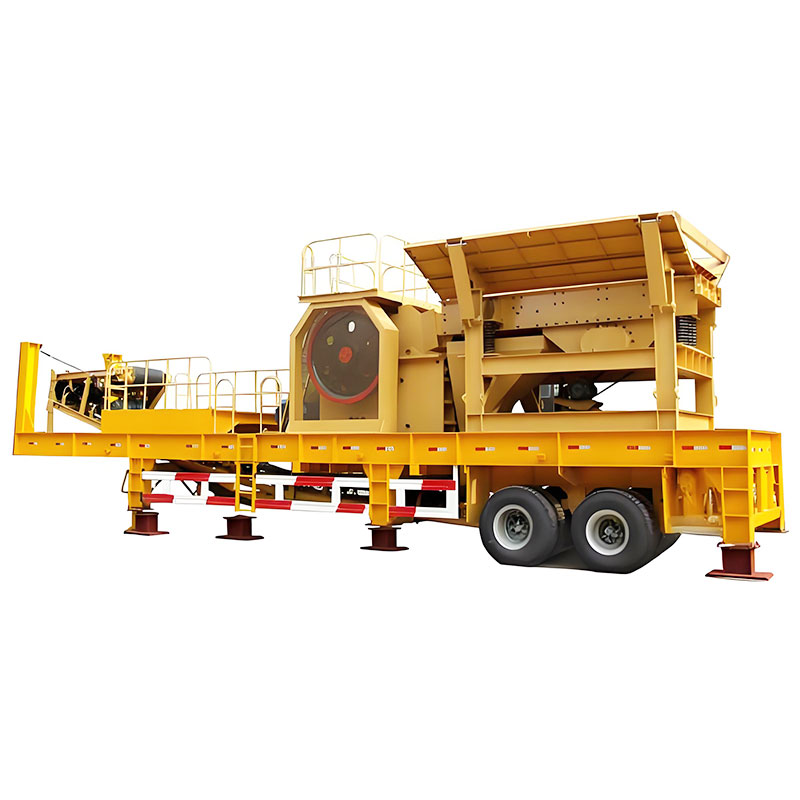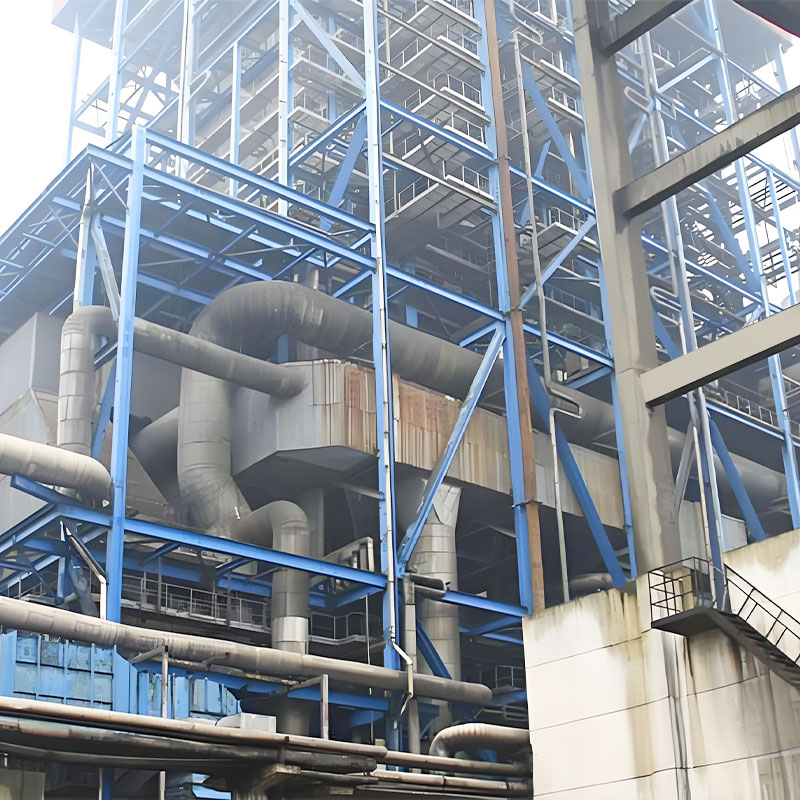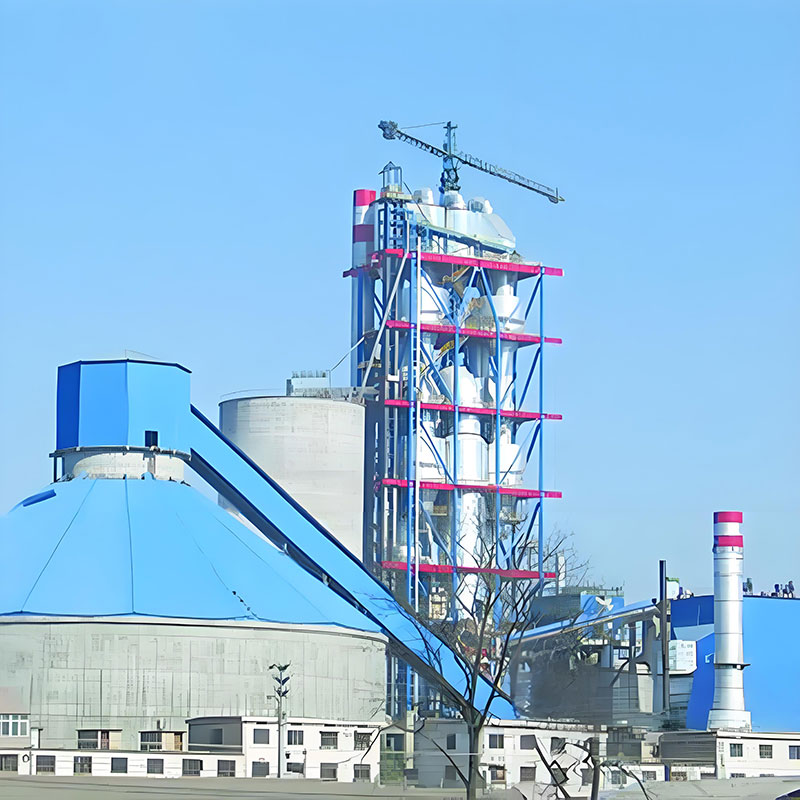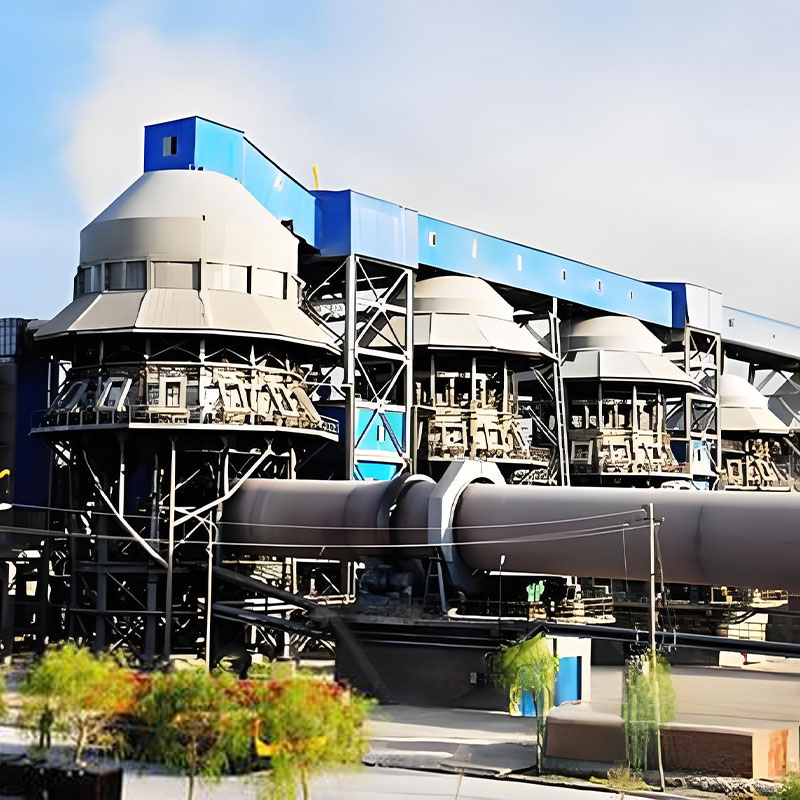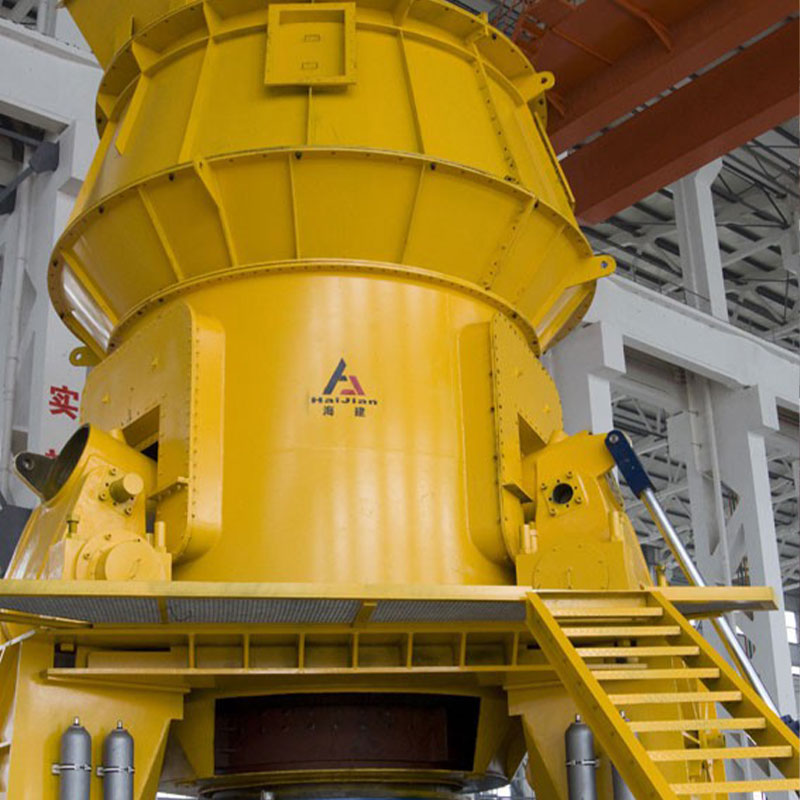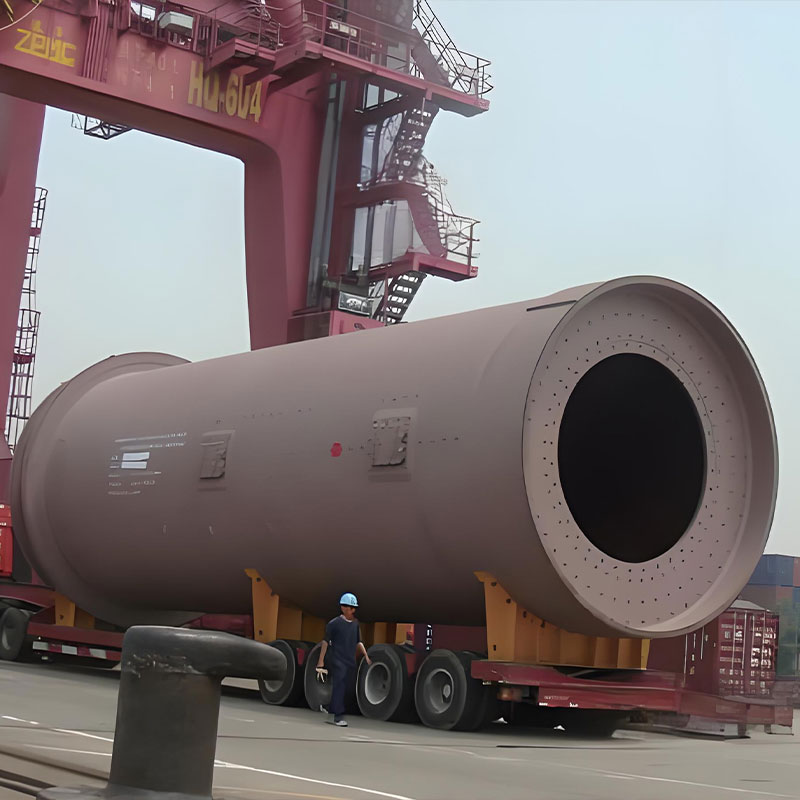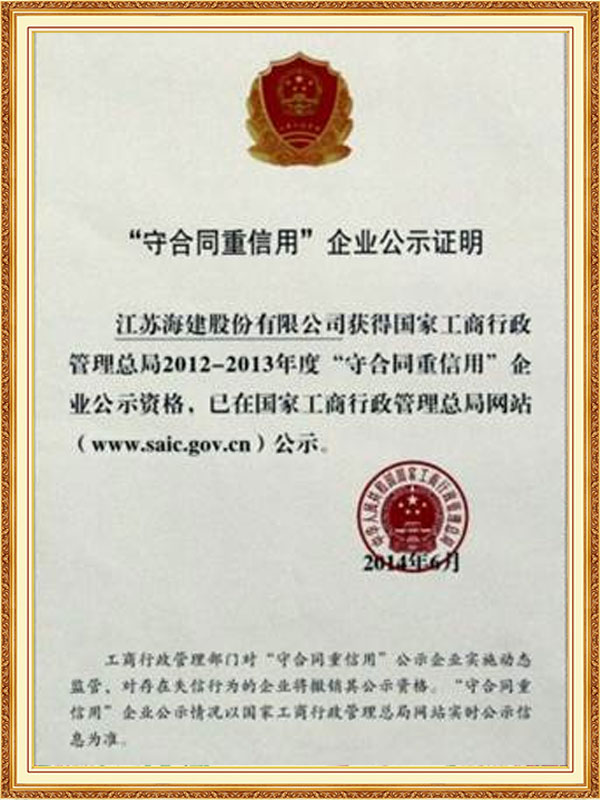Jiangsu Haijian Co., Ltd is a professional China Desulfurization and denitrification of electric power Manufacturers and Desulfurization and denitrification of electric power Company. We provide professional cement production equipment, industrial solid waste incineration equipment, and professional equipment for mining and metallurgical applications.We are a major manufacturing enterprise, a key backbone enterprise, and a primary export base for cement, power, environmental protection, and metallurgical and mining equipment in China. The company has the legal rights to independently manage the import and export of its products and is legally authorized to undertake general contracting for foreign projects.
-

Professionalism
-

Quality
-

One stop solution



News Center
News Updates
-
Admin 2026-01-30
Cement Production Line: Is It the Most Efficient Way to Build Modern Infrastructure?
A cement production line is the backbone of large-scale construction projects and urban development. By integrating automated processing, energy-efficient systems, and quality control technologies, modern cement production lines deliver consistent output and stable material performance for global in...Read More -
Admin 2026-01-22
What is a Cement Production Line and How Does It Work?
Cement production is the backbone of the construction industry, providing the essential material used in building everything from houses to highways. But how exactly is cement made, and what role does a cement production line play in this process? In this article, we’ll explore what a cement product...Read More -
Admin 2026-01-16
Is cement production line equipment maintenance difficult?
Many cement plant managers ask: Is cement production line equipment maintenance very complicated? Will it delay production? Actually, as long as a standardized maintenance process is established, daily maintenance is not difficult and can effectively reduce downtime and extend equipment lifespan. Re...Read More
Industry knowledge
The production of coal in thermal power plants generates large amounts of sulfur- and nitrate-containing flue gas. These gases, when released into the atmosphere, contribute to polluting acid rain. Thermal power plant desulfurization and denitrification equipment is designed to treat these sulfur- and nitrate-laden flue gas. By applying desulfurization and denitrification technologies, the power industry can reduce environmental problems such as acid rain and smog.
Desulfurization equipment primarily utilizes the chemical absorption principle. For example, the most widely used wet limestone-gypsum desulfurization system operates in three key stages: First, flue gas enters the absorption tower and comes into countercurrent contact with a limestone slurry; second, SO₂ reacts with the calcium carbonate in the slurry to produce calcium sulfite; and finally, a forced oxidation process converts the calcium sulfite into usable gypsum. Throughout this process, the absorption tower's spray system, demister, and other devices work in tandem to ensure a desulfurization efficiency exceeding 98%. Denitrification equipment primarily operates on the catalytic reduction principle. In a selective catalytic reduction (SCR) system, a catalyst reacts injected ammonia with NOₓ in a redox reaction, converting it into harmless nitrogen and water. The catalyst typically uses a vanadium pentoxide-tungsten trioxide/titanium dioxide (V₂O₅-WO₃/TiO₂) system, which maintains optimal activity within a temperature window of 300-400°C. In contrast, a selective non-catalytic reduction (SNCR) system injects a reducing agent directly into the high-temperature furnace chamber, utilizing the high-temperature environment to decompose and convert NOₓ.
Power desulfurization and denitrification equipment plays an irreplaceable role in environmental protection. By removing SO₂ and NOₓ from flue gas, it reduces the occurrence of environmental problems such as acid rain and photochemical smog. These systems also create significant economic value in terms of resource utilization. Gypsum produced by wet desulfurization can be used as a high-quality building material, and ammonium sulfate recovered by the SCR system can be used as fertilizer. Modern desulfurization and denitrification equipment has evolved from a simple environmental protection facility into a resource recycling device, realizing a circular economy model of "turning waste into treasure." Jiangsu Haijian Co., Ltd. is a professional manufacturer and company specializing in power desulfurization and denitrification equipment. We provide specialized equipment for cement production, industrial solid waste incineration, and specialized equipment for mining and metallurgical applications.


 English
English  русский
русский  Español
Español 